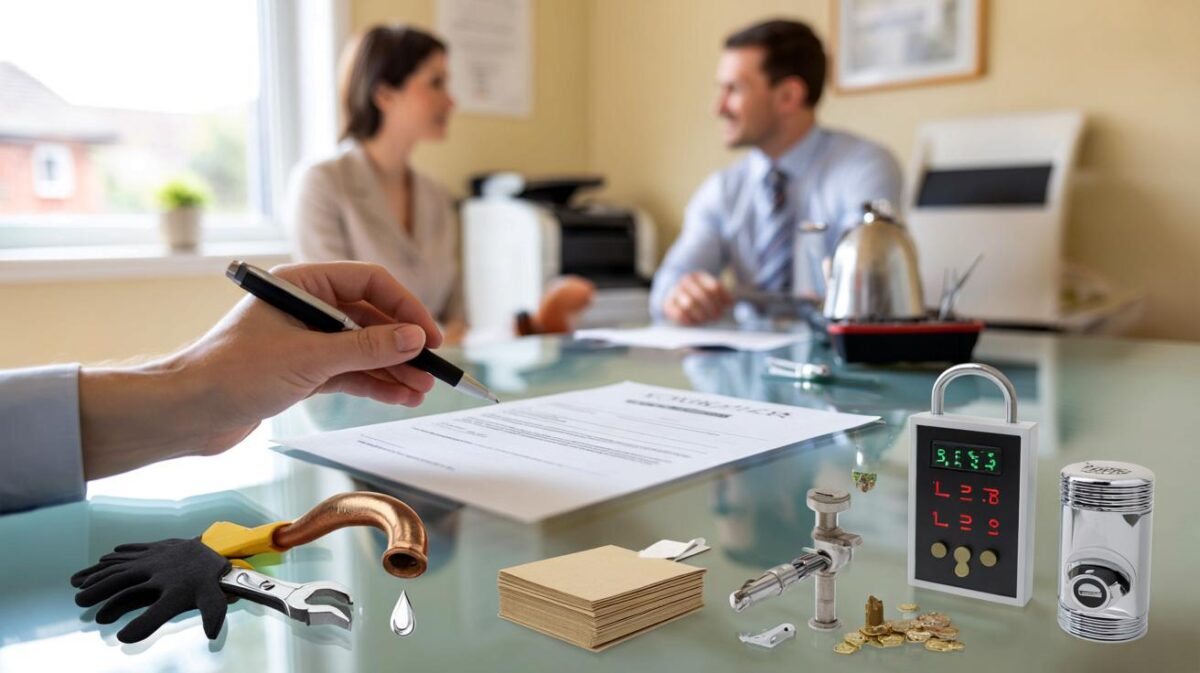That strange compliment that leaves a scratch you can’t quite place? It happens at work, over drinks, even in the family WhatsApp. You smile and say thanks, and later you replay it, line by line, hearing the barb tucked under the bow. This is about spotting the sting—and learning not to nod along to it.
A colleague glanced at my jacket and said, “You’re brave to wear that colour.” Everyone laughed in that polite, British way. I said “Oh, thanks!” because that’s what you do when you don’t want to make weather out of a cloud.
Back at my desk, the sentence sat with me like a stone in a shoe. Brave? As in… reckless? Outlandish? I chewed the compliment until it tasted sour and couldn’t decide whether I’d been praised or nudged back into a box. What do you call that?
Spotting the sting behind the smile
Passive-aggressive compliments often arrive wrapped in a grin and a shrug. They sound like praise but contain a tiny downgrade: “You look great… for someone who just had a baby,” “You actually did a good job,” “I didn’t expect that from you.” The words are doing two jobs at once—clapping with one hand and pointing with the other.
Sometimes the sting is a single hinge word. “Finally” implies you’re late to competence. “Even” suggests your success is a surprise. “Brave,” “bold,” “interesting,” can be code for “not quite acceptable.” We’ve all lived that moment when the room hears a joke and you hear a rule. You recognise the pattern because your body tells you first.
There’s also tone and timing. The compliment lands after a beat, or with a smile that never reaches the eyes. The room shifts. Passive-aggressive praise thrives on plausible deniability—if you object, they can say you’re overthinking. Linguists would call it an implicature. In plain language: meaning sneaks in through the side door while politeness holds the front.
Why people do it—and why we keep saying “thank you”
People use barbed compliments to balance power without open conflict. It’s a way to assert a pecking order, soothe envy, or police norms—dress codes, accents, ambition. In groups that prize harmony, the barbs get sharper because direct challenge is taboo. The message: shine, but not too loudly.
We keep replying politely because it feels safer. The script is simple: someone flatters, you accept. No scene, no mess. Also, British culture loves a tidy surface, so we hide our discomfort under a quick smile and a sip of tea. Let’s be honest: nobody actually trains us to say, “That sounded odd.”
The cost, though, is slow erosion. You begin to second-guess outfits, ideas, even jokes. You defang your voice to avoid the next nudge. The complimenter keeps their cover and you carry the confusion home. That’s the quiet genius of the passive-aggressive compliment: it makes you finish its work for it.
Stop replying politely: simple scripts that change the game
First move: pause. A beat breaks the automatic “thank you” and gives you a choice. Then mirror the wording back with curiosity, not heat: **Name the content, not the intent.** Try, “Brave how?” or “What do you mean by ‘actually’?” Curiosity flushes out the subtext without calling anyone a villain.
Second move: take it literally if you like. If someone says, “You’re surprisingly articulate,” reply, “I am articulate.” Said plainly, no wink. It puts the weight back where it belongs—on the oddness of their frame. You can also neutralise with a boundary: “I like it,” “I’m happy with it,” or “That’s an odd compliment.” Short, clean, done.
Third move: hold your ground with warmth optional. You don’t owe charm to a dig. **You don’t owe warmth to rudeness.** Try a three-beat pattern—breathe, name, boundary. *Take a breath.* “You called it ‘bold.’ I like it.” Then change topic. If they push, go to the broken record: “I like it,” repeated calmly. It’s boring, which is the point.
“Ask for clarity and the performance ends.”
- “What do you mean by ‘brave’?”
- “That’s a funny way to put it.”
- “I like it.”
- “Let’s keep it on the work.”
- “I’m not taking that on.”
Reading cues—and choosing response over reaction
Notice what your body does. Tight jaw? Shoulder spike? That’s your early warning system. If you can, buy time with a micro-pause or a sip. Then choose from three buckets: clarify, affirm yourself, or re-route. The goal isn’t to win the moment; it’s to stop the pattern harvesting your attention.
Common pitfalls: trying to dunk on the other person, apologising to make them comfortable, or over-explaining. Keep it shorter than your instinct. Two sentences beat ten. Also, context matters. With a boss, you might go drier: “Noted.” With friends, try gentle mirroring: “Oof—compliment with a kick?”
Scripts help, but tone does the heavy lifting. Low and even reads as credible. Smiling when you’re hurt confuses the message. **Ask “What do you mean?”** more often than you argue. And remember: you can always follow up later by email when you have steadier words.
Make space for better conversations
Not every off-key compliment is a calculated jab. Some people copy the only language of praise they’ve heard. Others misfire from nerves. You can model a cleaner alternative: direct praise, no side-eye. “That presentation was tight.” “Your jacket is excellent.” Words that don’t ask the receiver to do extra emotional labour.
There’s also joy in refusing the riddle. When a compliment arrives with a barb, you don’t have to iron it flat. You can leave it on the table and move on with your day. That’s not icy; that’s stewardship of your bandwidth. Every time you choose clarity over polite confusion, you teach the room a new rule.
If this resonates, try one experiment this week. Pick one phrase from the scripts and carry it in your pocket. Use it once. See how the air changes. Small, steady moves tilt a culture faster than grand speeches. Conversation by conversation, you can keep the praise and lose the sting.
| Point clé | Détail | Intérêt pour le lecteur |
|---|---|---|
| Language cues | Watch for hinge words like “actually”, “even”, “finally”, and coded adjectives like “brave” | Quickly flags a backhanded compliment in the wild |
| Response toolkit | Pause, clarify (“What do you mean?”), affirm (“I like it”), boundary (“Let’s keep it on the work”) | Concrete scripts you can use today |
| Mindset shift | Prioritise clarity over niceness; you can be kind without being a doormat | Reduces mental load and stops future cycles |
FAQ :
- Am I being too sensitive if a compliment feels off?Sensitivity is data, not drama. If your body tightens, treat it as a cue to clarify rather than a verdict.
- What if it’s my boss—won’t pushing back harm me?Keep it dry and professional. Try, “Noted,” or “What makes you say that?” You’re asking for clarity, not starting a row.
- How do I handle this with family without lighting a fuse?Go warm but firm: “I know you care. That phrasing lands oddly. I’m happy with my choice.” Then change the subject.
- Should I call it out in the moment or later?If you’re steady, in the moment is clean. If you’re shaky, a short follow-up works: “Earlier you said X. Did you mean Y?”
- What if I freeze and say “thank you” anyway?That happens. You can still circle back: “On reflection, that compliment had a dig. Let’s keep feedback direct.” You get more than one shot.







